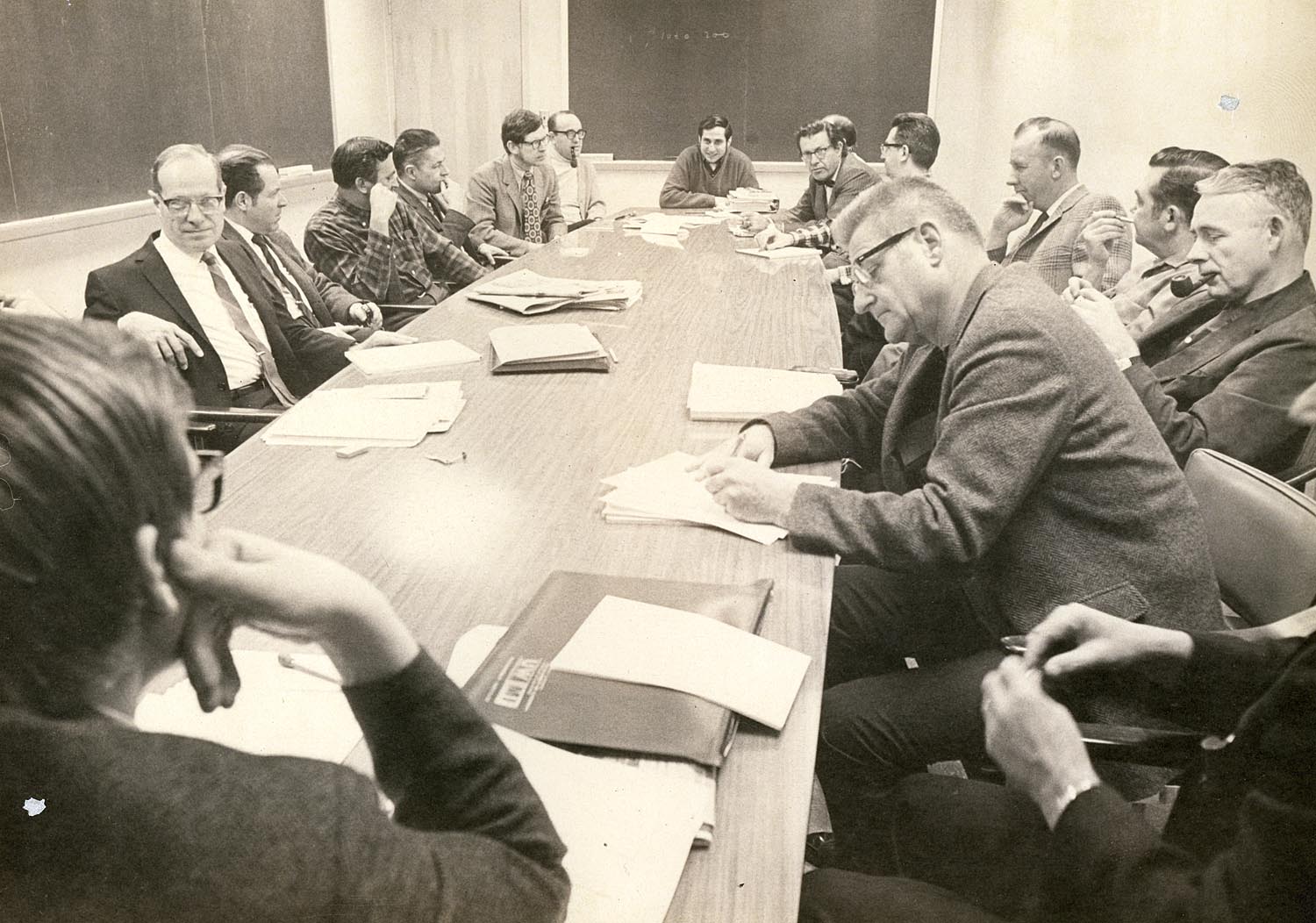A couple years ago, I discussed the importance of setting up a Social Contract with your gaming group.
This week, I wanted to go into greater detail as to some topics that you might want to include in your Social Contract.
While the specifics of a Social Contract will vary from role-playing group to role-playing group based on preferences and personalities, here are some basic issues that are applicable to most groups.
A major issue to settle before starting is the play style of the group. If a player wants to be a fantasy swashbuckler and their character gets quickly killed because the GM is running a realistic and historically accurate campaign, there's a disconnect that should have been cleared up by the Social Contract.
Nowadays, I run a beer & pretzels Old School game and our group uses a lot of light-hearted humor and plays casually (e.g., talking In Character is not emphasized). We play cooperatively (no PvP) and, as GM, I'm willing to change a decision if someone makes a compelling argument that doesn't break the story.
Life happens and being late or missing a session is inevitable and alright but I tell my players that they need at least to inform me in advance when they will be late/miss a session.
While the specifics of a Social Contract will vary from role-playing group to role-playing group based on preferences and personalities, here are some basic issues that are applicable to most groups.
- Playstyle
A major issue to settle before starting is the play style of the group. If a player wants to be a fantasy swashbuckler and their character gets quickly killed because the GM is running a realistic and historically accurate campaign, there's a disconnect that should have been cleared up by the Social Contract.
Nowadays, I run a beer & pretzels Old School game and our group uses a lot of light-hearted humor and plays casually (e.g., talking In Character is not emphasized). We play cooperatively (no PvP) and, as GM, I'm willing to change a decision if someone makes a compelling argument that doesn't break the story.
- Attendance
Life happens and being late or missing a session is inevitable and alright but I tell my players that they need at least to inform me in advance when they will be late/miss a session.
- Mature content
Obviously, not everyone is looking for a game that features mature content and/or mature themes. For the sake of harmony, this should be sorted out in advance.
I run a PG-13 campaign, so stupid jokes are welcome but explicit language is frowned upon. So, dropping an F-Bomb is an easy way to be permabanned.
- Character Death
As I mentioned earlier, Character Death can be a touchy subject that people don't want to think about. So, it's wise to get ahead of the curve before it comes up in actual play.
- Environment
People's definition of what constitutes an acceptable environment can be different, so it may be necessary to set rules on smoking, alcohol, using other people's dice, bringing and consuming food and drink, etc.
If problems do arise with a group, the best thing to do is to address them head on and the worst thing to do is to be passive aggressive. It's important to be respectful of other people's opinions and feelings, but sometimes the GM does need to make a tough decision and to be decisive for the benefit of the rest of the group.


No comments:
Post a Comment